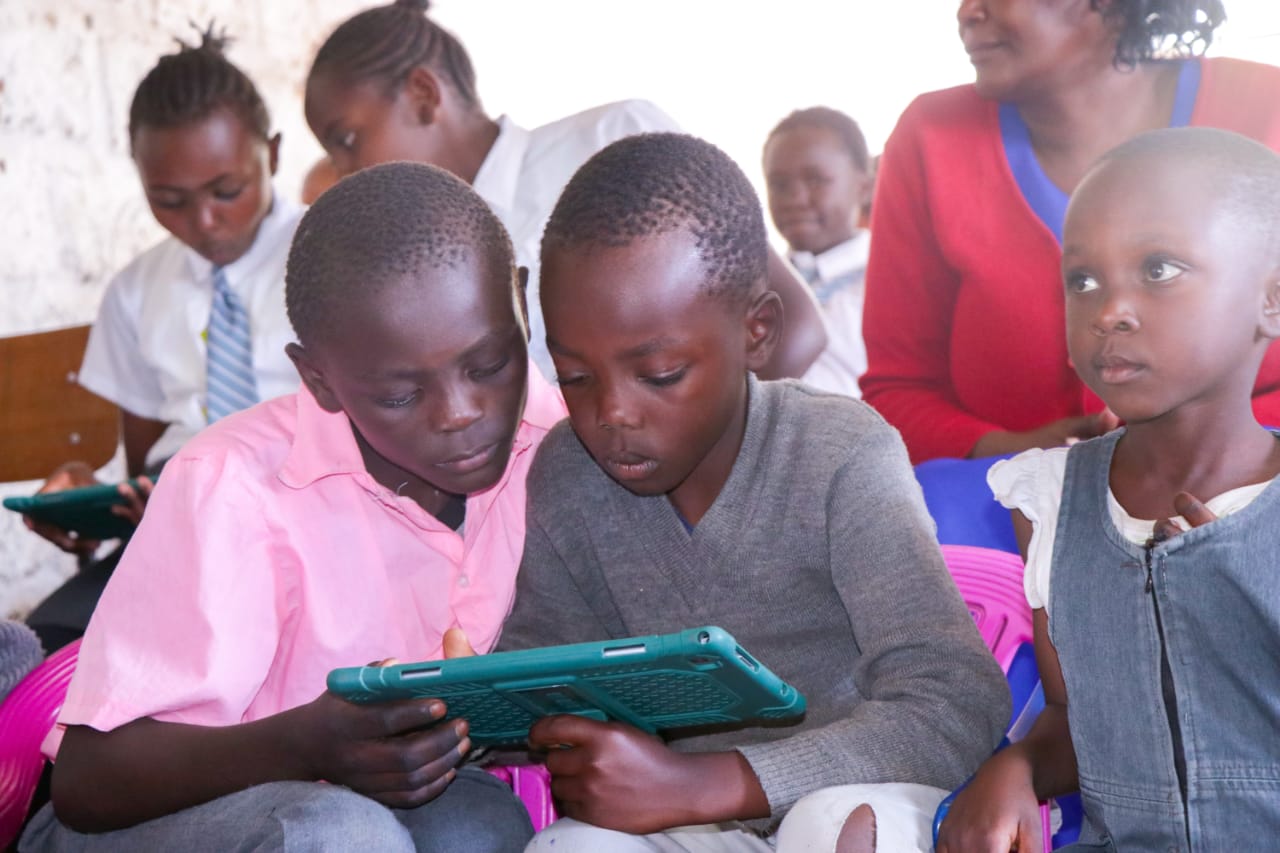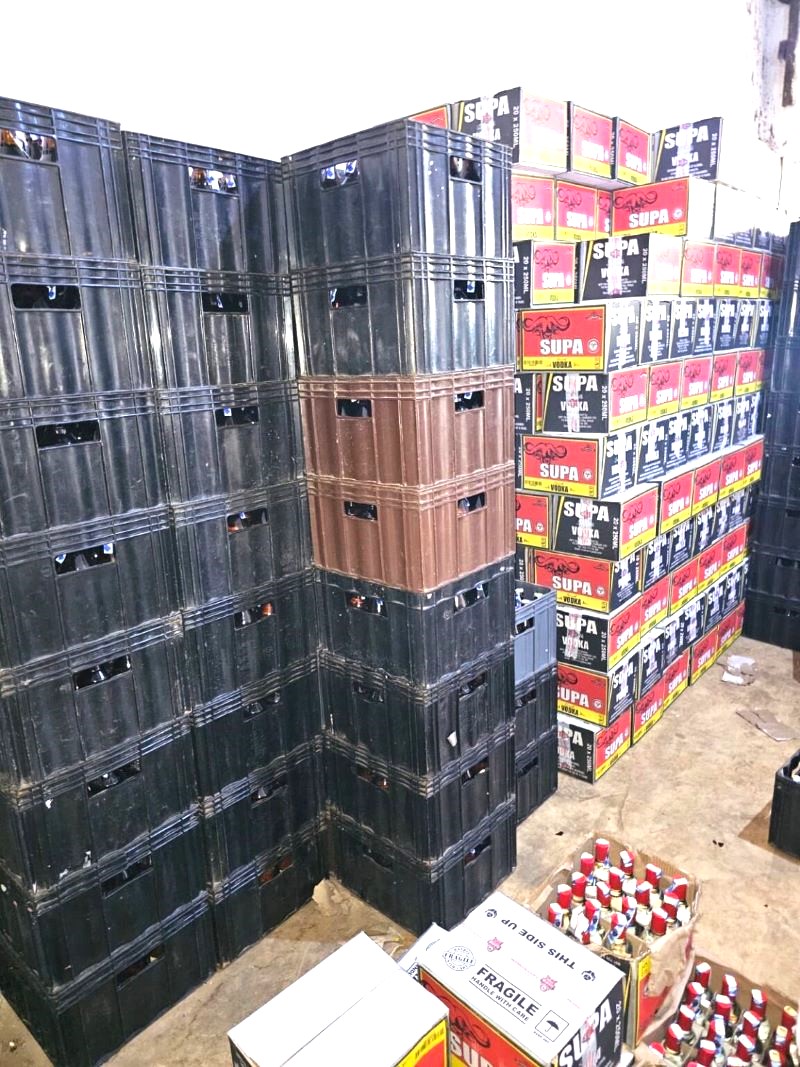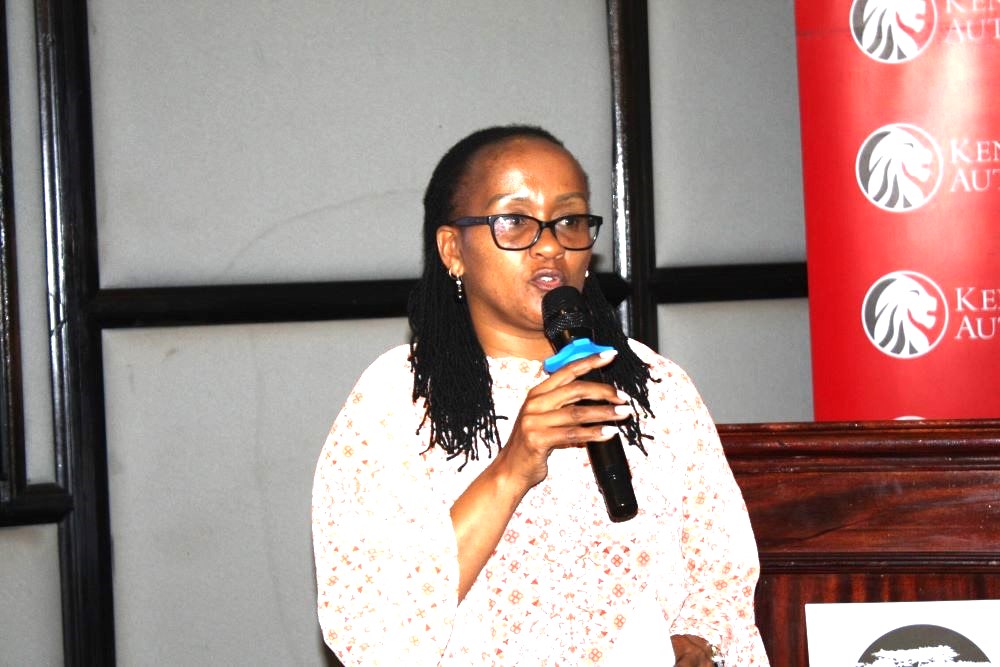In a world where knowledge is as crucial as air, the education sector finds itself gasping for breath. Students today navigate a labyrinth of challenges that extend far beyond the classroom. The need for enhanced government support through the provision of learning materials is not merely a request; it is a necessity. The future of a nation rests upon its youth, and it is high time that a united front emerges to champion their cause.
Imagine a classroom where every student has access to the latest textbooks, digital resources, and necessary tools for learning. This is not a utopian dream; it is a fundamental right that many students are currently deprived of. The stark reality is that countless young minds are stifled by the lack of essential materials. The government holds the key to unlocking this potential, yet the door remains firmly shut. It is a perplexing situation, one that raises questions about priorities and responsibilities.
The role of government is to ensure that every citizen has the opportunity to thrive. Education is the bedrock of any society; it shapes innovators, leaders, and thinkers. When students lack access to proper learning materials, the ripple effects are felt across the community. A child who struggles to keep up in class may lose confidence, leading to a disconnection from the learning process. Over time, this results in a workforce that is ill-equipped to meet the demands of an ever-evolving job market. The implications of neglecting education are far-reaching, affecting not just individual lives but society as a whole.
Yet, it is not solely the responsibility of the government to shoulder this burden. Communities, parents, and even students must play their part. Schools should foster an environment where collaboration thrives, encouraging local businesses and organizations to contribute resources. Initiatives such as book drives or partnerships with tech companies can enhance the educational landscape without placing undue strain on public funds. The responsibility is shared, and when everyone contributes, the outcome can be transformative.
Technology
Furthermore, technology has emerged as a double-edged sword in education. While it offers incredible opportunities for learning, the digital divide remains a significant barrier. Many students lack access to computers or reliable internet, leaving them at a disadvantage in a world that increasingly relies on modern technology. Governments must invest in infrastructure that ensures all students can connect to the vast ocean of information available online. By doing so, they not only provide learning materials but also empower students to become independent learners, capable of navigating the complexities of the modern world.
The question that looms large is how to facilitate this support effectively. The answer lies in a multifaceted approach. Policymakers should prioritize educational funding, channeling resources into programs that provide learning materials and technology. Additionally, they must engage with educators to understand their needs and challenges. Teachers are on the front lines; their insights can guide the allocation of resources in meaningful ways.
Communication
In this age of information, communication is vital. The government must foster transparency, allowing communities to see where resources are being allocated and how they can help. Engaging parents and local organizations in discussions about educational needs can create a sense of ownership and responsibility within the community. When people feel invested, they are more likely to contribute, whether through volunteering, fundraising, or advocating for better policies.
READ ALSO:
KCSE 2024: St Anne’s Girls Kiminini, St Francis Kolongolo Girls in TransNzoia shine
As we reflect on the current state of education, it becomes evident that the need for increased support is urgent. Governments must rise to the occasion, but they cannot do it alone. It is a collective endeavor, requiring the commitment of everyone—students, parents, educators, and community members. Together, we can create a robust educational framework that not only meets the needs of today but also prepares future generations for the challenges ahead.
The call for government support in education is a clarion call for action. It is an appeal for a brighter future, where every student has the tools to succeed. As we stand at this crossroads, let us remember that the responsibility lies with us all. Only through collaboration, compassion, and commitment can we hope to build an educational landscape that is not only equitable but also enriching for every learner.
By Joyblesssed Munyendo
Rongo University, Migori County
You can also follow our social media pages on Twitter: Education News KE and Facebook: Education News Newspaper for timely updates.
>>> Click here to stay up-to-date with trending regional stories
>>> Click here to read more informed opinions on the country’s education landscape
>>> Click here to stay ahead with the latest national news.






